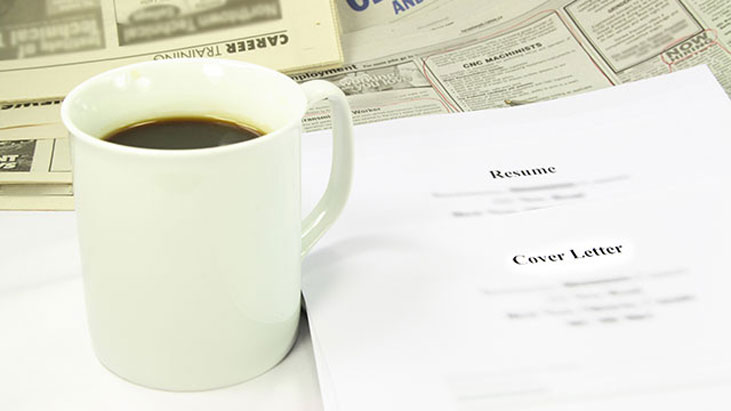Job hunting is the toughest job itself. Surfing through jobs, prepping your resume and preparing for grueling interview session- it’s not fun at all. But, it seems as if the most difficult part, and neglected part, is writing a cover letter. Yes, you may question the need of a cover letter in this digital age, but you cannot question its usefulness in any era. Cover letter, as the name suggests, gives you an opportunity to cover up your missing resume points and to help you distinguish yourself from others. I admit it’s a difficult job, sometimes harder than making a resume/CV; therefore, I give you a brief intro what the hiring managers look for in a cover letter.
Before writing the actual letter, do a bit of research and try to find out as to what the success factors of the company are, what are the values and company culture and how well do they match up with your values and skills. Prior research is mandatory and a sign associated with a successful candidate. These pointers should help you in assessing as to what you should include in your cover letter:
First Paragraph: Open with a strong point
Usually, people begin their letters by stating the job being applied for and how they got to know about it. Now, there’s nothing wrong with it. But you should be a bit creative with your letter in order to grab the attention of the reader. For e.g. you may start the letter by stating what’s so exciting about this job and why you are the right candidate for it. Do not try to be funny here, unless you are applying for a comic script writer, be creative. You may also include the name of a personal connection (if working in the same organization you’re applying to) in the first paragraph. And try to find out about the hiring personnel, in order to address your letter/e-mail directly.
Second and third Paragraph: Summarize your Resume/CV
Touch upon few of the salient points from your enclosed resume. Your letter should be like a teaser for the reader. Just like a movie, the teaser should lead the reader to actually go through your resume. You need to highlight important points and arouse the readers curiosity as to why he/she should consider you for the position applied for. Match the position responsibilities with your education and experience, and try to elaborate (in a sentence or two) on points explaining how and what you plan to contribute towards the organization. Show some enthusiasm towards the position and the organization by writing something like “I would love to work for your company. Why shouldn’t I? You are the industry leader, setting benchmarks for others to follow.” Do not go overboard with flattery, you don’t need to sound like a desperate candidate.
Remember: Your letter is a COMPLEMENT to your resume, not a Xerox copy.
Closing paragraph: Push towards action
Summarize your strengths and emphasize on how you are going to apply them to achieve the assigned roles of the position. You need to put a little stress on further mode of action. Politely ask for a meeting, to further discuss your credentials, at the employer’s convenience. Make sure you indicate what further material you are providing besides your resume and letter. It can be anything: a portfolio, a writing sample, a previous publication from you, photography content, an audition tape or even an event video. They help to further press your case.
End the letter with a Thank You note to the reader and indicate that you are looking forward to hearing from him/her.
When you can’t submit a cover letter for e.g. an online application:
In the case of an online application, where you are bound by the number of characters you can use, try to work around the format you’re given and present your positives in a professional manner. Usually, these applications have an open end question, like “Please describe why you would be suitable for the role.” use this to your advantage. There’s also a possibility of finding someone working already in the organization, to whom you can send a brief email, as a follow-up, highlighting a few key points regarding the application.
Principles to Remember:
- Open strongly with a statement clarifying why you’re the best fit for the job.
- Do not go overboard with your letter. Try to be succinct and limit your letter to a single page. One side of an A4 is appropriate.
- Try to find out what the employer is looking for and how your skills can fulfill those needs.
- Try to tailor each letter according to the job you are applying for.
- Clear and concise letters catch the readers’ eye. Avoid using jargons and long paragraphs.
- Try using action verbs and writing the letter in an active voice.











